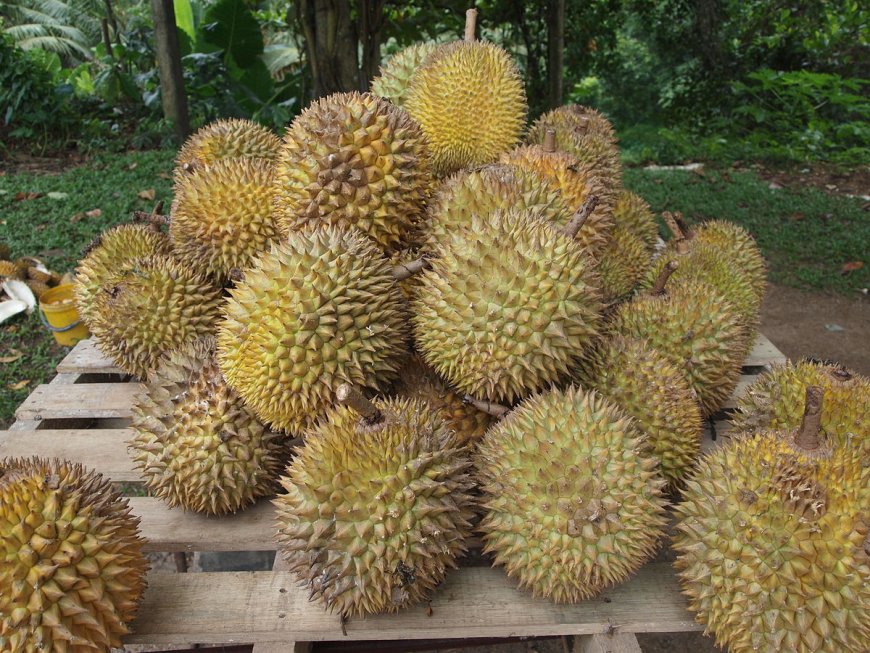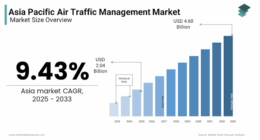Opinions on durians vary greatly, with some calling them sticky-sweet
NANNING – Opinions on durians vary greatly, with some calling them sticky-sweet and others comparing them to the stink of socks, but demand for durians is fast expanding, particularly in China.
Huang Rongsheng, a native of Guangxi Zhuang Autonomous Region in south China, received doorstep delivery of durians within roughly an hour of placing his order online. Huang placed his third internet order for durian this year.
“Thai durians, known for their rich flavor and dense texture, are particularly popular among Chinese consumers,” he said.
Thailand, the leading exporter of fresh durians to China, has seen sustained growth in demand for its produce. At a newly established display stand in a market around 5 km from Huang’s home, imported Thai durians, including varieties like Golden Pillow and Musang King, are drawing crowds of consumers..
Despite limited quantities and high prices, consumer enthusiasm remains unabated,” said a fruit vendor at the supermarket.
China’s appetite for the pricy tropical fruit is enormous. According to an HSBC report from last year, the Chinese market accounted for 91 percent of the global demand for durian in the past two years.
Buoyed by the overwhelming demand, retailers are optimistic about their sales projections for 2024.
“There’s a robust demand in the Chinese domestic market,” said Lai Pingsheng with a subsidiary of Charoen Pokphand Group, a leading agribusiness conglomerate in Thailand.
In 2024, the company plans to sell 324 tonnes of Thai durians in Guangxi through supermarkets and convenience stores.
China imported approximately 6.7 billion U.S. dollars worth of durians in 2023. Economists believe that the surge in durian demand presents opportunities for the rest of Southeast Asia, not just Thailand.









